
Beyond science and policy, the key to protecting Earth’s most vulnerable ecosystems may lie in the human capacity to treat certain places as sacred.
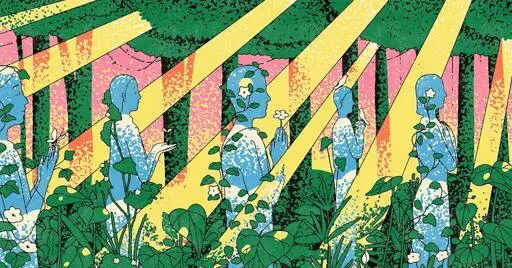



The space to discuss Solarpunk itself and Solarpunk related stuff that doesn't fit elsewhere.
Join our chat: Movim or XMPP client.
What are your favorite nature documentaries that DO talk about human beings, but NOT in a way that sounds like humans just suck?
Prompted by a post from @krishnanrohit: "I'm once again registering my annoyance at the fact that EVERY SINGLE NATURE DOCUMENTARY talks about how humans suck. Literally every single one. I am so tired of explaining to my 7yo son that no humans are not destroying everything. That he can be optimistic. It's obscene."

Beyond science and policy, the key to protecting Earth’s most vulnerable ecosystems may lie in the human capacity to treat certain places as sacred.

The article discusses the links between traditional sacred practices and care for the environment and the world, and then asks about modern secular societies:
Where does this leave secular societies in which technological or policy-focused solutions to environmental problems are not working, but where identification with the sacred has waned over time? Can something as deeply personal and experiential as the sacred be meaningfully shaped by design? Could mundane, often thankless tasks — cycling, tree-planting, recycling — be reframed not as chores, but as rituals of care and connection that inspire deeper commitment to environmental stewardship?
And continues, pointing out sacred spaces don't require religious belief:
The sacred need not be confined to formal religion. While the Grand Bassin’s significance is rooted in Hindu mythology and practice, the orientation it reflects — a sense of reverence, moral weight and emotional resonance — can arise in many forms. Sacredness emerge
My New Home Solar Setup


Might not fit perfectly with the theme here, but thought people might be interested anyway.
I'd recommend it to anyone who owns their house, has a reasonably accommodating roof (particularly south facing), and plans to be in their house for the next 10 years.

With the 30% US federal tax credit, I expect to make back the investment in roughly 13 years. I'm not counting either the rising price of electricity or the opportunity cost of just putting that money in an index fund.
After 13 years, everything should be profit after that. But it's not just for the financial reasons.
It's a 13.7 kw system. Peak I've seen it produce so far is around 12.3, with a little less than half the panels facing north. I'm not sure if or when I should expect peak production if not around noon on the summer solstice.
I do recommend having some kin

Real solutions are growing on rooftops, riding through cities, and rising in resistance to unchecked AI
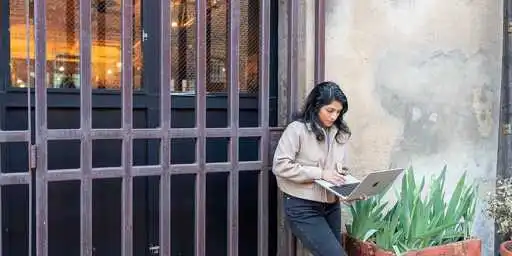
Up Top Acres Is building Farms Above Our Heads
During DC Climate Week, we literally toured one of the freshest rooftops in the city. Up Top Acres is a national leader in rooftop farming and urban agriculture, managing over 40 farms and gardens across the East Coast.
We visited their rooftop location just blocks from the Capitol, where they’re harvesting lettuce, basil, tomatoes, strawberries, kale, herbs, and new ways of thinking about what a building can be. These rooftop farms help reduce stormwater runoff, cool buildings, and bring people together.

For powerful lessons about organizing and queer community, let’s look beneath our feet.


A speculative technology to facilitate landfill elimination
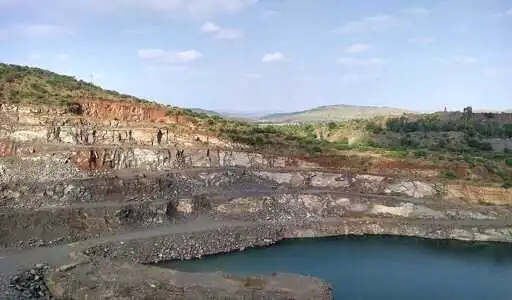

Jeff Bezos and Lauren Sanchez's Venice wedding party venue was moved out of Venice's city center. Many have protested against the lavish ceremonies because they see it as yet another example of exploitation of the city.
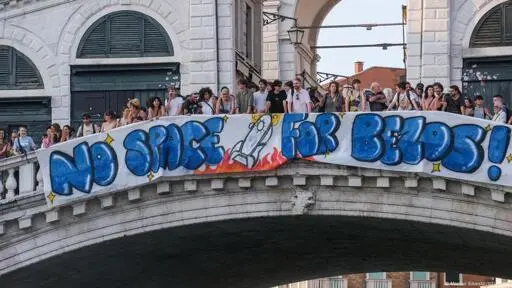

Before the large-scale use of fossil fuels, removable textile layers kept homes warm in winter and cool in summer.
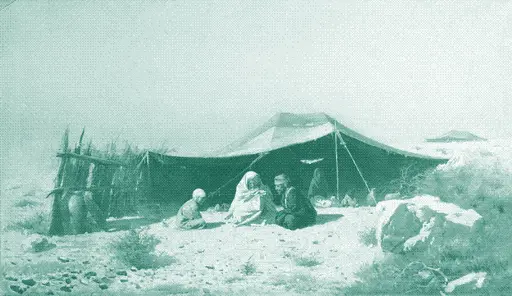
Thermal insulation is a cornerstone of policies aimed at reducing the high energy consumption for heating and cooling buildings. 1 In many industrialized countries, building energy regulations require new and existing buildings to have insulated walls, floors, and roofs, as well as double- or triple-glazed windows. In cold weather, insulation slows down the heat loss from the interior to the exterior, reducing the energy use of the heating system. In hot weather, insulation delays the transfer of heat from the outside to the inside, thereby reducing the energy consumption of the air conditioning system.
Modern insulation methods involve the permanent addition of non-structural materials with high thermal resistance, such as fiberglass, cellulose, or mineral wool, to the building surfaces. Viewed in a historical context, this approach is unusual and stems from a shift in architectural style. 2 Preindustrial buildings often didn’t require extra insulation because they had a significant
My friend leads a startup
This is an alt account. I doubt I will use it to post again.
A friend of mine leads a startup. They are beginning to draw attention and are soon to go for investment funding. They make something to be used in sports, medicine, and space.
My friend is frustrated with the ecosystem's current obsessions. 'AI B2B SaaS', making 10x returns in 3-5 years. None of it is sustainable. None of it solves real problems in a way that will keep them solved for decades to come. In a way that is truly new, and better than the old ways in consideration of social and ecological impact.
In your opinion, how might my friend best navigate their choices to positively influence the world? What actions would you take, in their shoes?
HOPE XV (2024): AI, Solarpunk, and an Uncertain Future in Computing
Click to view this content.
»For more than a year now, "AI" has been the tech world's most expensive obsession.
The scramble to burn money as fast as possible is both unprecedented and utterly familiar - but not every resource is as endless as venture capital funding. AI technology's energy consumption is beginning to approach that of a small country, and it shows no signs of shrinking.
How can we reconcile our hunger to compute with the need to avert ecological devastation? Is it possible for progress and sustainability to coexist? And how can hackers help computers save themselves?
This talk brings a fresh perspective to discussions on the problems, possibilities, and future of the human relationship to computing.»
Giving your house plants genetically enhanced super powers
Click to view this content.

Social movements are powerful engines for change, and they coalesce around a vast range of issues, causes, and communities. But they fall into two basic categories: inclusionary and exclusionary.
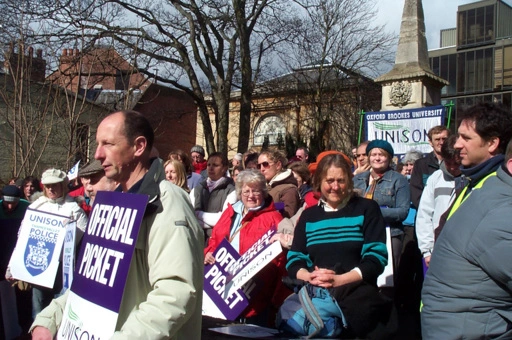
Good discussion of two types of social movements: Inclusionary (building a wide coalition by appealing to many different groups) vs exclusionary (building group solidarity through us v them strategies). The challenges to both, and the ways the elite try to capture and appropriate inclusionary social movements to maintain the status quo.
Why is this "solarpunk"? Because solarpunk is a social movement, not just an aesthetic. If you want to make positive change (environmental or otherwise) you need collective action, and understanding the challenges to collective action helps you decide what orgs are worth committing to and see when those orgs have been appropriated.
The other articles in the series are “Widening the We” and “The Growth of Malignant and Exclusionary Social Movements” - linked at the bottom and also worth reading.

Algeria has everything it needs to become a great nurturing nation again: sunlight, water (rare but sufficient), vast lands, available hands, powerful knowledge, and deep faith. What it needs now is a shift in perspective, a coalition for life, a regenerative national strategy.
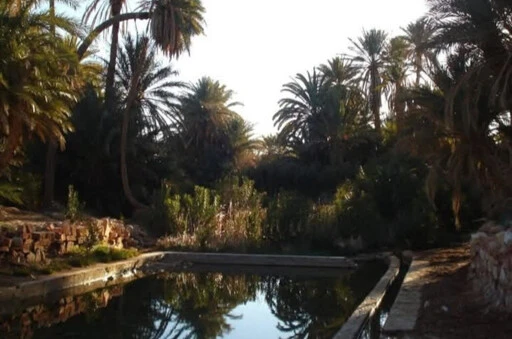
Fighting air pollution: Boat + bike delivery service to lower car traffic inside cities (at 4:21)
Click to view this content.
I found the boat + bikes solution pretty cool. Boats typically have much lower emission per kg.km of transported goods.

A seasonal solarpunk off-grid pop-up in the desert
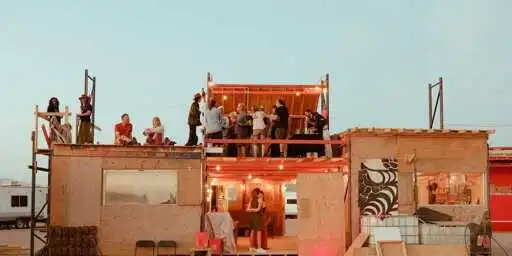
The AI focus is a bit odd, but ok 🤷

Tactics and actions to resist this fascist coup. What is really going on and how to stay centered, effective...and have fun doing it.

Given fascist, authoritarian takeovers in the US and heightened action against the people by the fascist-in-chief, I offer ways to resist. This is an update of what I sent in a recent newsletter.
Do you, like me, have strong feelings about the technofascist coup that’s in progress? (While this is largely a US-centric post, fascists are rising globally, so this can be broadly relevant.)
My anger competes with grief over what and who we continue to lose. Immigrants to the US and trans people are in the crosshairs. As are forests and natural areas. And anyone who speaks Truth to power.
Back in April, Daniel Hunter offered a good analysis and strategies for action. The analysis in short: they’d love our street actions to turn violent, a good excuse to declare emergency controls. Don’t take the bait. And watch for fascist instigators.
Solarpunk instance going offline for awhile was like a true solarpunk experience
First of all, I love you, slrpnk admins. You handled it all like champions! Happy to have you back.
Someone said in one one of the matrix chats during the outage that the fact that this instance is selfhosted and went down is like true experience of a solarpunk world; there won't always be power and that's okay!
Just wanted to write it down in a post since that message was so spot on.